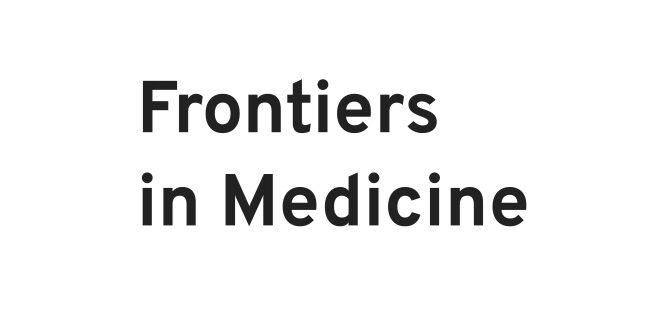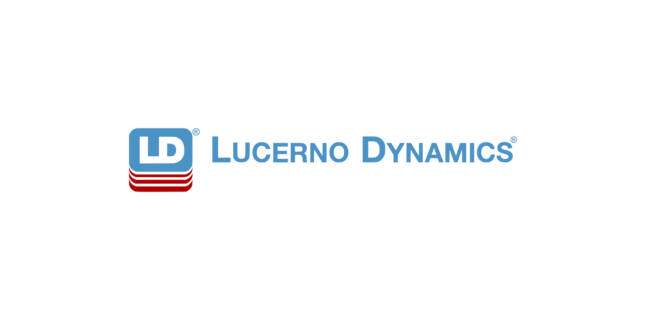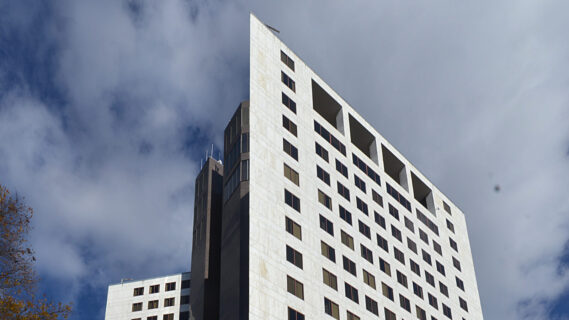Newsroom

Can ChatGPT help patients understand radiopharmaceutical extravasations?
A study evaluated ChatGPT’s role in educating patients on radiopharmaceutical extravasations, using a rigorous methodology from prior nuclear medicine research. ChatGPT answered fifteen questions, with responses reviewed by experts for appropriateness, helpfulness, and consistency. Results showed responses were largely appropriate and helpful, with validated references and minimal inconsistency. However, notable differences from SNMMI’s official stance highlight a need to align AI-driven information as more patients rely on online resources for medical guidance. Full Text

Lucerno Welcomes NRC Progress on Extravasation Reporting
Lucerno responded to the NRC publication of Draft Regulatory Guide DG-8062. The draft guide partially closes a 44-year-old NRC reporting loophole and would require certain nuclear medicine extravasations be reported as medical events. Press Release

Congress: Protect patients and enact the Nuclear Medicine Clarification Act
If a preventable error that might cause harm occurs during medical care, should there be transparency, or should the incident be swept under the rug? A rule proposed by the U.S. Nuclear Regulatory Commission (NRC) leans toward the latter. Full Text

Conflicts found on nuclear medicine safety panel
Two NRC advisers had undisclosed relationships with the Society of Nuclear Medicine and Molecular Imaging, which opposed the reporting requirement and ran an active campaign opposing the petition. Full Text

Nuclear Regulatory Commission advisers beset by conflicts of interest, report finds
The oversight division of a U.S. government agency tasked with ensuring the safe use of radioactive materials issued a recent report that the agency’s advisers had key undisclosed conflicts of interest, raising fresh concerns about controversial decisions around the reporting of radioactive injection accidents. Full Text

Congress Enacts Nuclear Medicine Safety Provisions
Lucerno praised Congress for enacting the first ‘minibus’ appropriations, which includes critical provisions pushing the U.S. Nuclear Regulatory Commission (NRC) and Veterans Health Administration (VHA) to improve quality, safety, and transparency of nuclear medicine services. Press Release

Case Report: Radiopharmaceutical extravasation, radiation paranoia, and chilling effect
The Society of Nuclear Medicine and Molecular Imaging (SNMMI) has stated they oppose reporting significant extravasations to patients or authorities, arguing such incidents are rare and not severe. They warn against causing unnecessary fear or reluctance toward nuclear medicine due to “radiation paranoia.” However, this stance seems at odds with actual clinical experiences, including a severe case at a center focused on minimizing radiopharmaceutical extravasations. Transparency with patients, contrary to causing fear, has been found to foster trust. Ignoring the real frequency and severity of extravasations might undermine patient confidence in the nuclear medicine community. Full Text

Lucerno Dynamics and Carilion Clinic Announce Radiotherapy Administration Milestone
Lucerno announced the worldwide first use of Lara® Real-Time Visualization (RTV) in a clinical setting at Carilion Roanoke Memorial Hospital, Carilion Clinic’s flagship facility. Press Release

House and Senate Act on Nuclear Medicine Safety. Appropriations bills passed by each chamber include important provisions to protect safety and quality of care for patients
Lucerno praised both the U.S. House of Representatives and the U.S. Senate for passing legislation that includes important provisions regarding a patient safety issue that affects thousands of patients every year and pushing the U.S. Nuclear Regulatory Commission (NRC) and Veterans Health Administration (VHA) to put patients first. Press Release

Radiopharmaceutical administration practices—Are they best practice?
The nuclear medicine community has stated that they are using best practices to gain venous access and administer radiopharmaceuticals, and therefore do not contribute to extravasations. We tested this hypothesis qualitatively and quantitatively by evaluating four different perspectives of current radiopharmaceutical administration practices and compared them to the gold standard of pharmaceutical administration techniques. Full Text

To tell or not to tell … the patient about potential harm
Tim Bartholow, a family practitioner and former chief medical officer for a not-for-profit payer, reflects on clinicians’ responsibility concerning extravasations. He believes it’s essential to be aware of known potential harm and to disclose such risks to patients both before an incident and if harm has indeed occurred. Full Text

Critique and discussion of “Multicenter evaluation of frequency and impact of activity infiltration in PET imaging, including microscale modeling of skin-absorbed dose”
On May 25, 2023, the Journal of Nuclear Medicine (JNM) published an article ahead-of-print entitled “Multicenter Evaluation of Frequency and Impact of Activity Infiltration in PET Imaging, Including Microscale Modeling of Skin-Absorbed Dose” … There are, however, several problems with the work that raise questions about its conclusions. The methods are not well described, the results contain errors, and the peer-review process for this manuscript appears to have lacked rigor. Full Text
